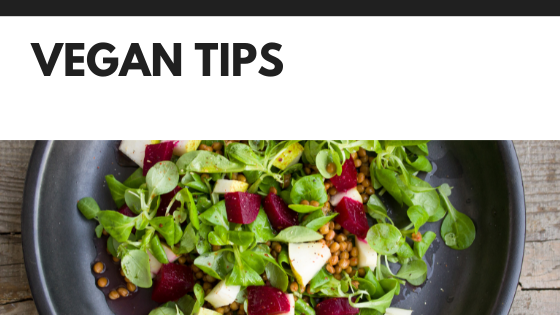
There are several types of vegetarianism to consider. A true vegan consumes only plant based food. Vegans do not include any dairy products, honey, or eggs in their diet. They also avoid processed sugars since these tend to have animal by-products included in them. Soy substitutes for most of these products are available. It is virtually impossible to become overweight if one is a true vegan, and vegans tend to be extremely healthy beings. A flexitarian, or semi-vegetarian consumes limited quantities of meat.

Often this type of vegetarian will add some fish or lean chicken to their diet periodically in order to add protein. Lacto-ovo vegetarians allow eggs and dairy products in their diets, but no animal flesh products at all, while Lacto vegetarians allow dairy products, but no eggs.
Many critics may voice concern of the lack of protein or certain nutrients in a vegetarian or vegan diet. Not to worry, there is a multitude of people who lead much healthier lives without meat. There are much healthier sources of protein other than the flesh of animals. One such source is quinoa (pronounced keen-wah). It is a whole grain that not only provides high protein, but all essential amino acids as well. Beans, lentils, legumes, tofu, nuts, seeds, and meat substitutes also offer a great deal of protein. There are products tgat even look like meat, just search for best vegan plant based meat on internet.
It may take some planning to have a well balanced vegetarian diet, but it is not impossible or even difficult. The health benefits and energy levels you will enjoy more than compensate for the trouble you have had to go to in planning your menu. Not only are you helping your environment and animals, you are boosting your health through healthy cholesterol, lower blood pressure, lower blood sugar, less of a chance of obesity (leading to less chance of developing diabetes), and less chance of contracting food born illnesses.
